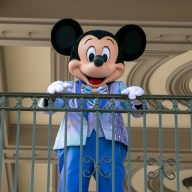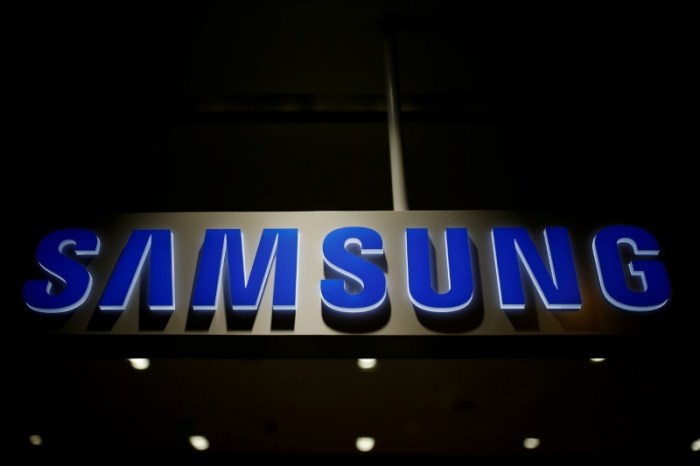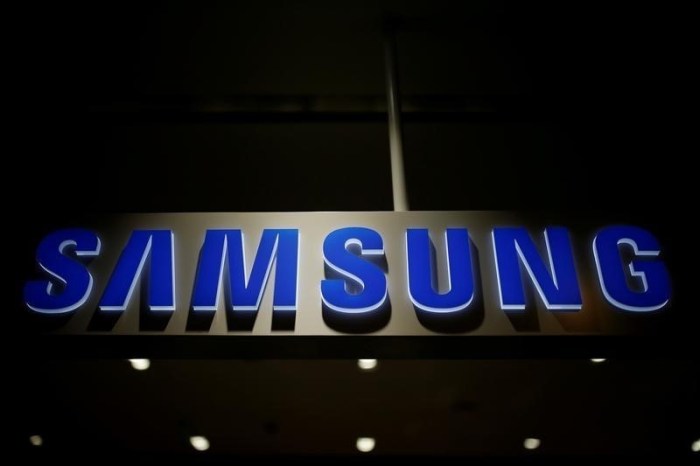By Rory Carroll
SAN FRANCISCO (Reuters) – Moscow on Tuesday signed an agreement with Los Angeles-based company Hyperloop One to explore building a futuristic, high-speed transportation system known as a Hyperloop in the Russian capital. A Hyperloop involves using magnets to levitate pods inside an airless tube, creating conditions in which the floating pods could shuttle people and cargo at speeds of up to 750 mph (1,200 kph).
“Hyperloop can improve life dramatically for the 16 million people in the greater Moscow area, cutting their commute to a fraction of what it is today,” Shervin Pishevar, co-founder of Hyperloop One, said in a press release. “Our longer term vision is to work with Russia to implement a transformative new Silk Road: a cargo Hyperloop that whisks freight containers from China to Europe in a day,” he said.
Hyperloop One Chief Executive Officer Rob Lloyd said it is unclear how much it will cost to build a Hyperloop in Moscow, and the system would not necessarily travel at its top speed in a metropolitan area like Moscow. A memorandum of understanding was signed at the St. Petersburg International Economic Forum by Hyperloop One, the city of Moscow and Russian firm The Summa Group, which invests in infrastructure projects. Hyperloop One, which is backed by venture capital and railway investors, now has feasibility studies under way in Finland, Sweden, The Netherlands, Switzerland, Dubai, the Port of Los Angeles and the United Kingdom, Pishevar said. The Hyperloop concept originated in a paper by Tesla Motors Chief Executive Officer Elon Musk in 2013, who envisioned it whisking passengers from Los Angeles to San Francisco in 30 minutes.
There are currently no functioning Hyperloops anywhere in the world, and skeptics wonder if the technology can ever make the leap from science fiction to reality.
To successfully transport passengers, designers will have to overcome challenges including motion sickness and public fear of traveling at high speeds in a sealed tube.
Despite the challenges, Hyperloop One’s Lloyd last month said the company will build a system capable of transporting cargo by 2019 and passengers by 2021.
It is unclear where the first Hyperloop One project will be built. The company has set up a competition asking people to submit ideas for areas of the world where a Hyperloop could meet a region’s transportation needs. Since the competition was announced last month, the company has received more than 225 registrants from 45 countries. (Reporting by Rory Carroll; Editing by Cynthia Osterman)















